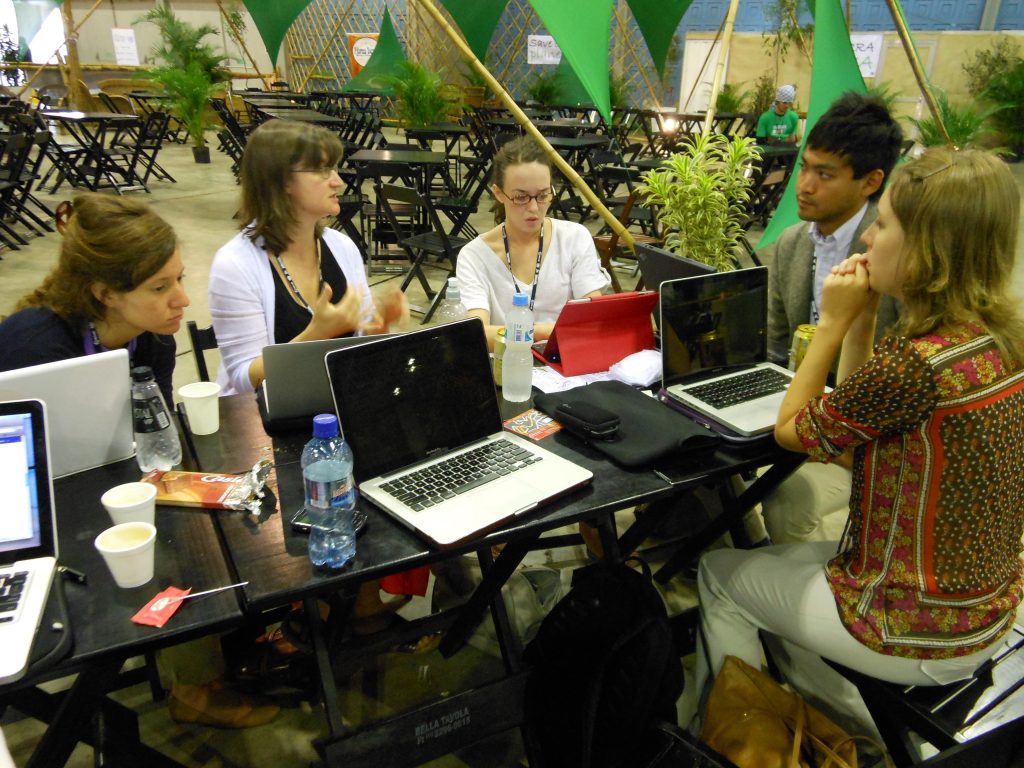Environmental issues are inherently interdisciplinary, but they are also necessarily about social justice, imbued with questions about who has access to use resources, who makes money from them, who frames dominant explanations about their value and scarcity, and who has the authority to determine who can use them and how. Commitments to interdisciplinarity, curriculum-to-career training and environmental justice form the foundation of my contribution to Mount Holyoke’s dynamic environmental studies program.
In all of my classes, I emphasize the importance of interdisciplinary collaboration in evaluating and solving environmental problems, as well as the value of understanding how our disciplinary training, the assumptions we bring, the questions we ask and the methods we use shape our approaches to environmental problems.
My interdisciplinary background also underpins my interest in methodology. Having conducted graduate level quantitative research—in econometrics and geographic information systems analysis—before becoming a qualitative researcher, I have been interested for a long time not only in the complementarity of qualitative and quantitative research, but also in the importance of training students to reflect critically on how the questions they ask and the methods they use to collect information shape what they find. My interest in rigor in information gathering, analysis and writing extends beyond narrow definitions of “research” to include the ways in which students gather and analyze information in their daily lives.
As I emphasize effective research and analysis, I stress the importance of being able to effectively communicate one’s knowledge, and across my classes, as I work with students on outlining, drafting, rewriting, organizing, reverse outlining, developing arguments and editing, I try to build a sense of shared learning.
